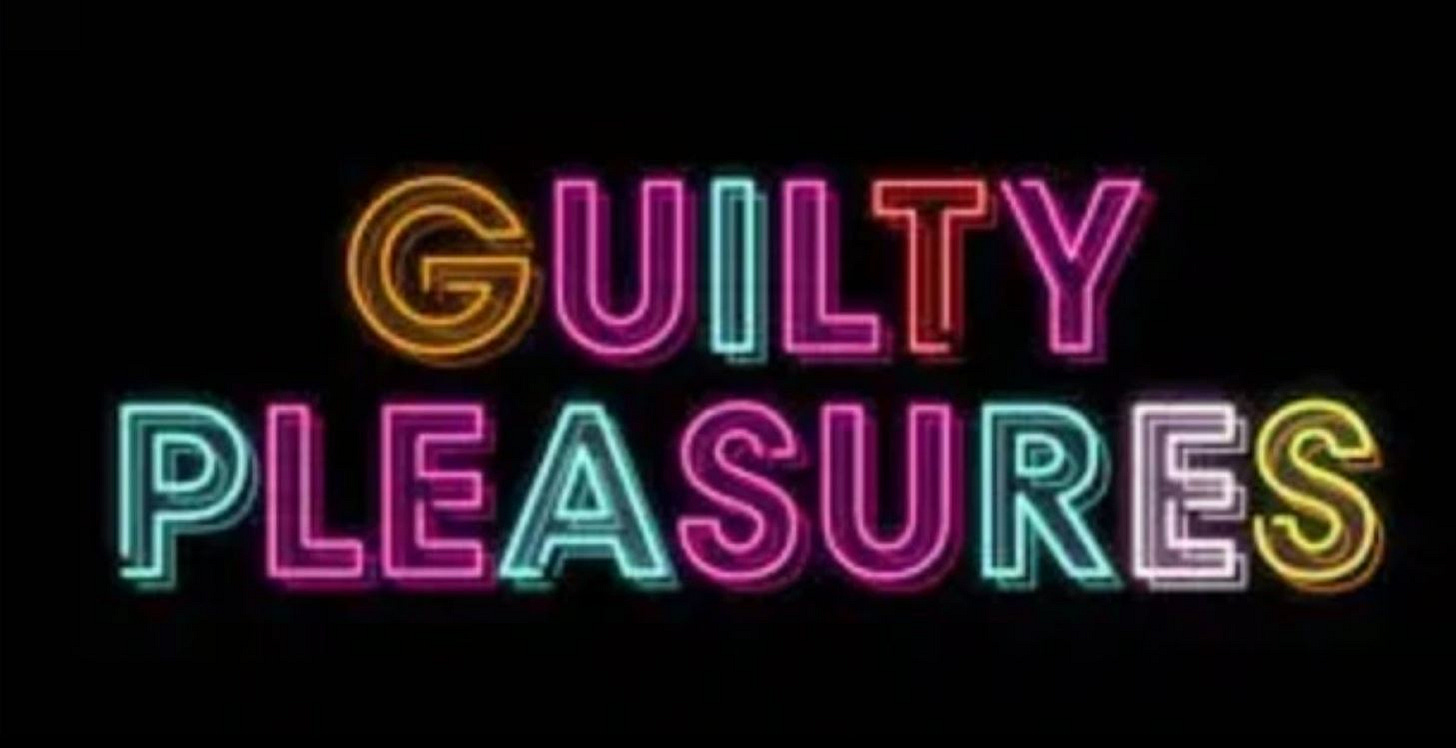The Sexist History of Guilty Pleasure
Of pumpkin spice, Hallmark Christmas movies, and misogyny
Keep reading with a 7-day free trial
Subscribe to Vulgar History A La Carte to keep reading this post and get 7 days of free access to the full post archives.


